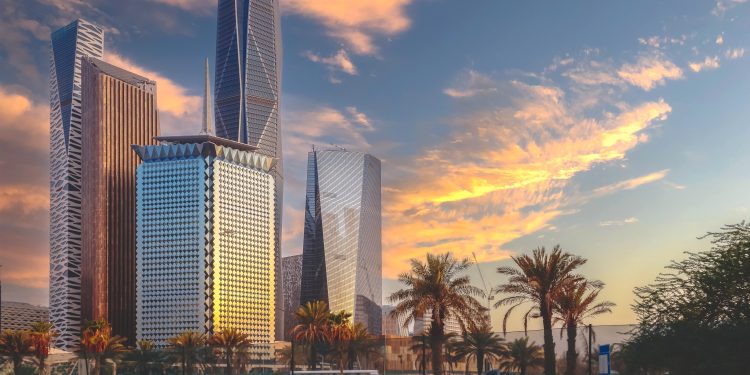Saudi Arabia has been commended by a United Nations body for its comprehensive legal infrastructure and robust antitrust legislation. The country was awarded the highest assessment grade in the 2023 Competition Law Systems Report by the UN Economic and Social Commission for Western Asia, elevating its status from the ‘developed’ category it held in 2020, as reported by the SPA.
Notably, the Kingdom scored a perfect seven in the index that assesses regulatory structures governing economic consolidation processes.
The spokesperson for the General Authority for Competition (GAC), Saad Al-Masoud, highlighted that this progress is indicative of the Kingdom’s leadership support in realizing Vision 2030’s objectives. These goals are centered on cultivating a sustainable commercial environment, promoting economic expansion, and enhancing the welfare of consumers.
Al-Masoud attributed this success to substantial improvements in various domains, such as the enactment of laws to counter monopolistic behavior and anticompetitive agreements, alongside the GAC’s diligence in scrutinizing economic mergers.
Furthermore, he pinpointed several contributory elements that have been instrumental in maintaining a competitive and equitable business sector, characterized by transparency and compliance with fair competition norms.
The inception of an initial competition framework in Saudi Arabia dates back to 2004. Subsequent enhancements include the renaming of the Council of Ministers to the GAC in October 2017, accompanied by a revamped organizational structure, transforming the authority into an independent entity both financially and administratively. In March 2019, another royal edict was passed, endorsing a revised competition system.


